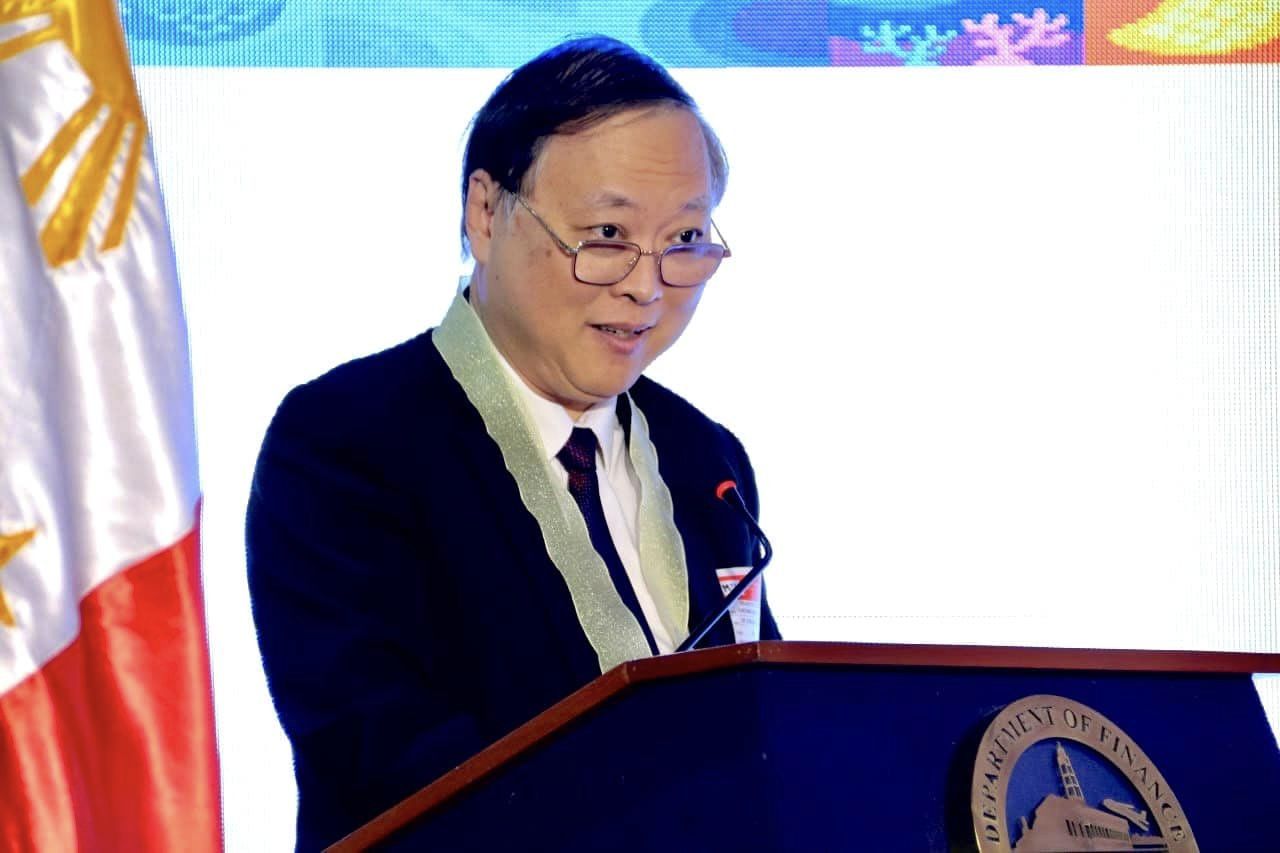News
PH eyes top 3 in SEA Internet connectivity by 2028
By Darryl John Esguerra, Philippine News Agency

According to Department of Information and Communications Technology (DICT) Secretary Ivan John Uy, the country is 6th in Internet penetration among Southeast Asian countries, a notable jump from its previous 9th spot. (File Photo: Department of Information and Communications Technology – DICT/Facebook)
According to Department of Information and Communications Technology (DICT) Secretary Ivan John Uy, the country is 6th in Internet penetration among Southeast Asian countries, a notable jump from its previous 9th spot.
“We were able to do that in less than two years,” Uy said Friday during the second day of the “Build Better More” Infrastructure Forum at the New Clark City.
“We aim that if we continue in this trajectory, of 14 percent increase in our index in the past years, then I’m hoping that by 2028, we would probably be the top three in ASEAN,” he added.
Uy noted the importance of continued investment in improving the country’s Internet connectivity to remain competitive and at par with its neighbors.
“Our ASEAN neighbors are not sitting back and relaxing, they are also infusing huge amounts of investments in their Internet connectivity. So, we need to double what they are putting. If they are putting one peso, we need to put two pesos because we’re the ones trying to catch up,” he said.
President Ferdinand R. Marcos Jr. recently approved the USD288 million Philippine Digital Infrastructure Project (PDIP), which according to Uy, seeks to complete the national fiber backbone of the country and bring high-speed Internet connection even in disadvantaged areas.
To be financed through official development assistance from the World Bank, the project is a flagship initiative of the DICT and involves the construction of a public broadband infrastructure network.
Free Wi-Fi program
Uy also reported that there are 13,462 free Wi-Fi sites in 1,401 cities and municipalities across the country, including 3,040 Geographically Isolated and Disadvantaged Areas (GIDAs).
A total of 9.8 million Filipinos have benefitted from the DICT’s Free Public Internet program, he said, adding that the DICT is looking to reach 125,000 free Wi-Fi sites nationwide by 2028.





















